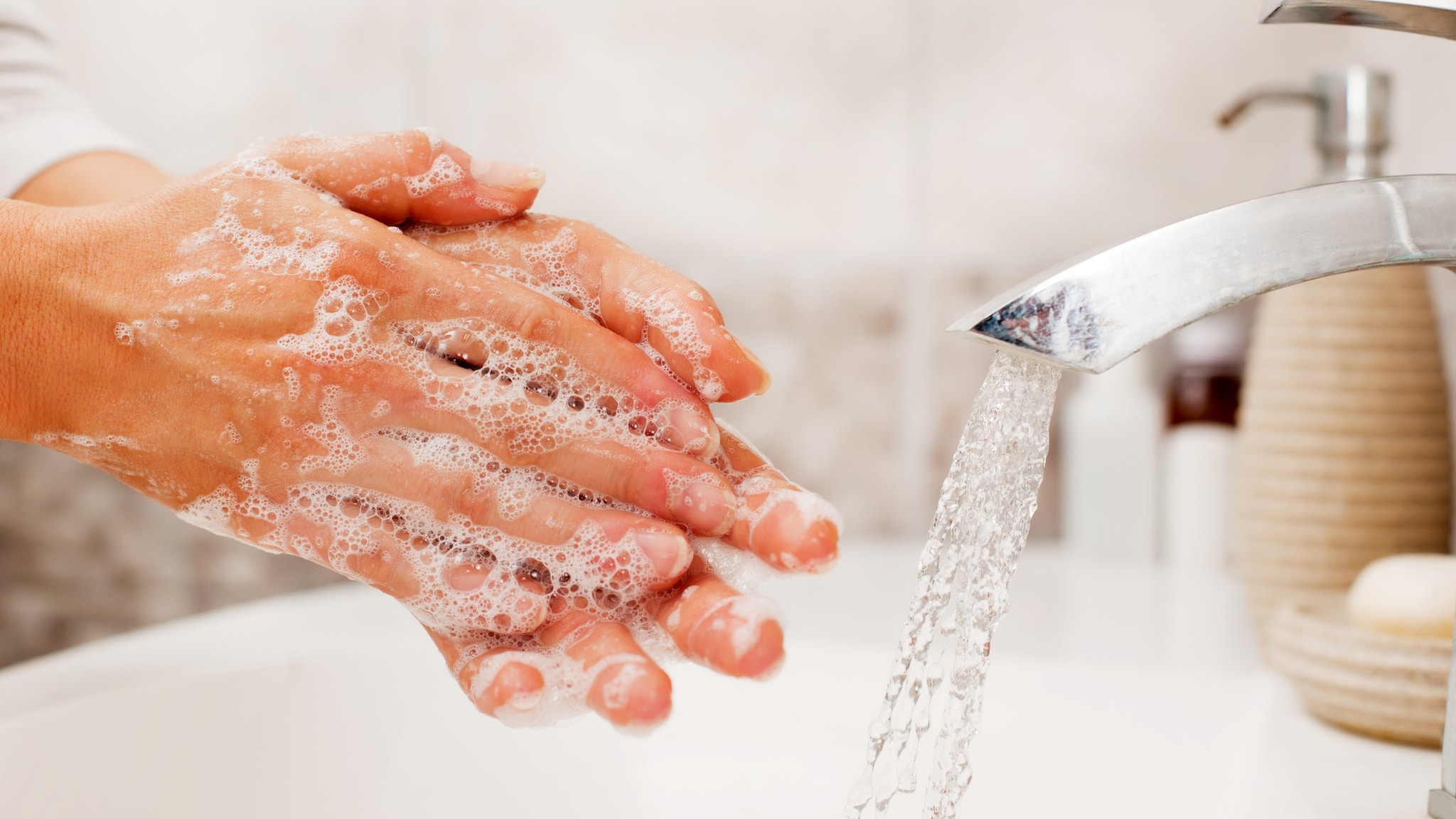Key points
- Some kinds of E. coli can make you sick.
- The best ways to prevent infection are by keeping your hands clean, preparing food safely, and drinking safe water.
- These steps are especially important for some groups of people.
- These groups include children younger than 5, adults 65 and older, people with a weakened immune system, and international travelers.

Prevention tips
Keep your hands clean.
Handwashing is one of the best ways to protect yourself and other people from getting sick.
Follow four simple steps to food safety: clean, separate, cook, and chill.
E. coli and other harmful germs can be on your kitchen surfaces and in your foods. At home, follow these 4 simple steps to prevent illness.
Do not drink unsafe water.
At home
Having safe drinking water may be as simple as turning on the tap. But sometimes, extra steps are needed to make sure water is safe.
Camping, hiking, or traveling abroad
When camping, hiking, or traveling, always use safe water for drinking, cooking, brushing your teeth, or other activities. Use one of these methods to treat or purify water.
Swimming
Don't swallow water when swimming or playing in lakes, ponds, streams, swimming pools, and backyard "kiddie" pools.
Diarrhea and swimming don't mix!
Drink pasteurized milk and juices.
Pasteurized milk and juices have undergone a process called pasteurization. Pasteurization kills harmful germs, including E. coli. Look for the word "pasteurized" on the label when shopping for milk, dairy products, and juices. If in doubt, don’t buy it!
